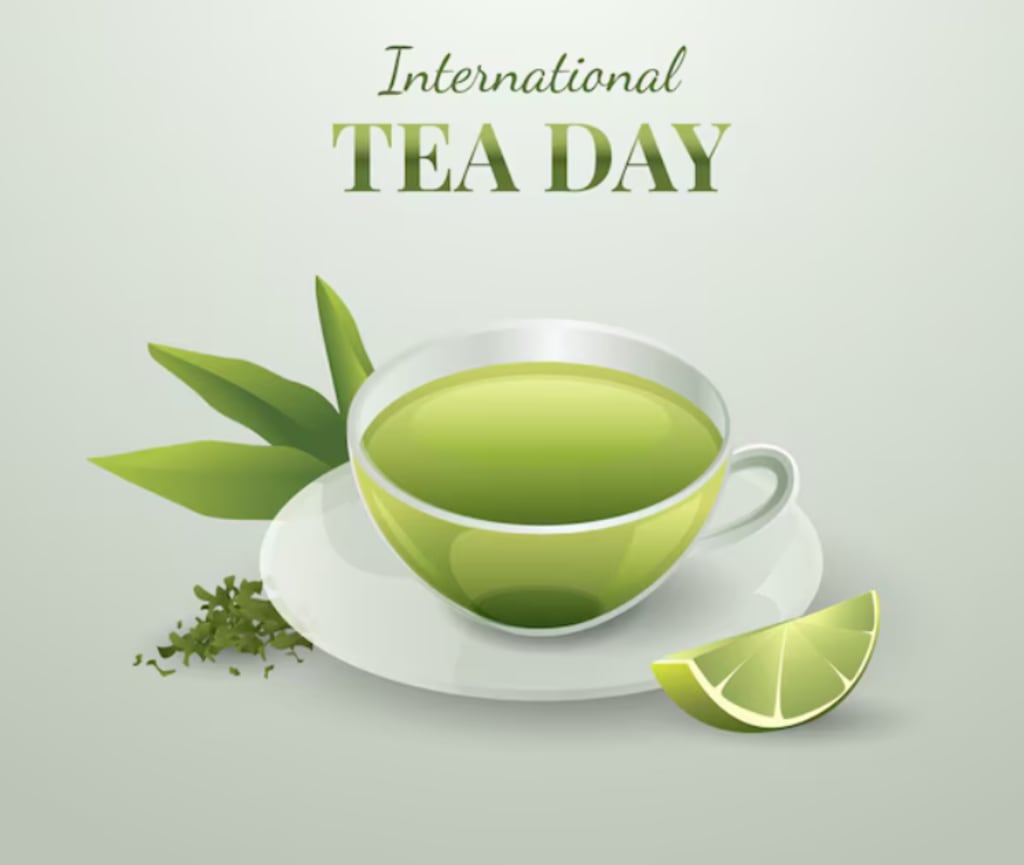
Tea, a beloved beverage enjoyed worldwide, has a rich history that extends beyond just a comforting drink. Throughout the centuries, tea has been valued not only for its taste but also for its diverse applications in various cultures. This article delves into the multifaceted uses of tea beyond the teacup.
**1. Historical and Cultural Significance**
- **Early Medicinal Uses:** Discuss how tea was initially used in ancient China and other cultures as a medicinal drink, valued for its health benefits and therapeutic properties.
- **Ritual and Ceremony:** Explore tea's role in cultural rituals, such as Japanese tea ceremonies or British afternoon tea, highlighting its social and ceremonial importance.
**2. Health and Wellness**
- **Antioxidant Properties:** Explain the antioxidant content of tea, particularly green tea, and its potential health benefits, such as reducing the risk of heart disease and improving mental alertness.
- **Digestive Aid:** Mention how herbal teas like peppermint or ginger are used to aid digestion and soothe stomach discomfort.
**3. Culinary Uses**
- **Flavor Enhancer:** Describe how tea is used in cooking and baking to infuse unique flavors into dishes, such as jasmine tea-infused rice or Earl Grey tea-infused desserts.
- **Tea Pairing:** Discuss the art of tea pairing with food, similar to wine pairing, to enhance the dining experience.
**4. Beauty and Skincare**
- **Topical Applications:** Explore how tea extracts are used in skincare products for their anti-inflammatory and antioxidant properties, promoting healthy skin.
- **Hair Care:** Mention the use of tea rinses for hair health and shine, particularly black tea rinses for darkening hair color naturally.
**5. Household and Beyond**
- **Cleaning and Deodorizing:** Highlight tea's use as a natural cleaner and deodorizer, such as using tea bags to absorb odors in shoes or freshening carpets.
- **Crafts and DIY:** Touch on creative uses of tea in crafts, such as tea-staining paper for a vintage look or creating natural dyes.
**Conclusion:**
Tea's versatility goes far beyond a simple beverage, spanning centuries of cultural traditions and practical applications. Whether enjoyed for its health benefits, culinary appeal, or aesthetic uses, tea continues to inspire and enrich lives globally.
Certainly! Here's a blog post focusing on how tea was initially used in ancient China:
---
**Title: Tea in Ancient China: A Journey Through Time**
**Introduction:**
Tea, a beverage cherished worldwide today, has deep roots that trace back thousands of years to ancient China. Beyond its role as a beloved drink, tea holds a fascinating history steeped in tradition, culture, and even medicine. Let's explore how tea first emerged and evolved in ancient China, shaping not only its cultural landscape but also influencing the world's perception of this versatile plant.
**1. The Origins of Tea:**
- **Legendary Discovery:** Discuss the mythical origins of tea, often attributed to Emperor Shen Nong in 2737 BCE, who discovered tea when leaves from a wild tree blew into his pot of boiling water.
- **Early Consumption:** Explore how tea initially served as a medicinal drink in early Chinese society, valued for its purported healing properties and as a tonic for health and vitality.
**2. Tea as a Cultural Staple:**
- **Ritual and Tradition:** Detail the integration of tea into Chinese culture, where it became a symbol of hospitality, respect, and social harmony, leading to the development of tea ceremonies and rituals.
- **Philosophical Influence:** Mention how tea drinking became intertwined with philosophical and spiritual practices, particularly in Daoism and later in Zen Buddhism.
**3. Evolution of Tea Preparation:**
- **Early Processing Techniques:** Explain the early methods of tea preparation, such as steaming and pressing into cakes (tea bricks), which facilitated transportation and trade along the ancient Silk Road.
- **Emergence of Loose Leaf Tea:** Describe the shift from tea bricks to loose leaf tea during the Tang Dynasty (618-907 CE), marking a significant evolution in tea consumption and appreciation.
**4. Tea's Medical and Health Benefits:**
- **Traditional Chinese Medicine:** Highlight tea's role in traditional Chinese medicine (TCM), where it was used to treat ailments ranging from headaches to digestive issues, based on its perceived cooling or warming properties.
- **Cultural Beliefs:** Discuss cultural beliefs surrounding tea's ability to promote longevity and vitality, influencing its widespread adoption across different social classes.
**5. Tea in Literature and Arts:**
- **Literary References:** Explore how tea found its way into Chinese literature, poetry, and art, becoming a muse for poets and painters who celebrated its beauty and tranquility.
- **Tea Ware and Ceramics:** Touch on the craftsmanship of tea ware, including porcelain teapots and tea bowls, which became prized cultural artifacts reflecting aesthetic tastes and regional styles. Tupi Tea Reviews
**Conclusion:**
Tea's journey from ancient China to global prominence is a testament to its enduring appeal and cultural significance. What began as a medicinal elixir in Chinese antiquity has evolved into a beloved beverage enjoyed worldwide for its diverse flavors, health benefits, and profound cultural heritage. By understanding tea's origins, we gain a deeper appreciation for its role in shaping both history and contemporary society.
About the Creator
peter
Content about cars, motorbikes, technology, news
Enjoyed the story? Support the Creator.
Subscribe for free to receive all their stories in your feed. You could also pledge your support or give them a one-off tip, letting them know you appreciate their work.






Comments
There are no comments for this story
Be the first to respond and start the conversation.